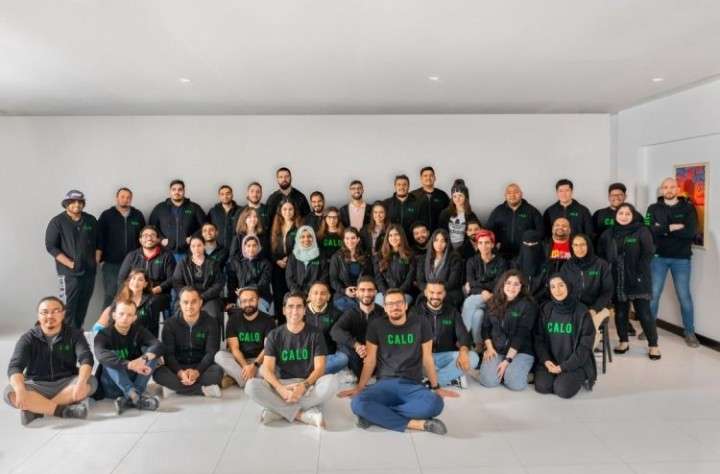Saudi-based foodtech startup Calo has raised an additional $39 million in a Series B funding extension, pushing its total to $64 million and surpassing its initial target of $50 million.
The round was led by AlJazira Capital with participation from Nuwa Capital, STV, Khwarizmi Ventures, Al Faisaliah Group, and Oraseya Capital.
The company says the fresh capital will fuel its global expansion, the integration of recently acquired UK meal brands, and the rollout of “Calo Black,” an AI-powered chef designed to deliver personalized daily menus using large language models (LLMs).
“We’re excited to be investing in cutting-edge innovation to explore how Calo can use AI to influence the future of how we discover and eat healthy food,” said Ahmed Al Rawi, co-founder and CEO of Calo.
About Calo
Founded in 2019 by Ahmed Al Rawi and Moayed Almoayed, Calo has quickly emerged as a leader in the Middle East’s foodtech sector.
The startup offers personalized meal subscription services designed to align with individual health goals, dietary restrictions, and taste preferences.
What Does Calo Do?
The platform uses AI-driven personalization to design meals that match customer needs, whether for athletes, professionals seeking balanced diets, or individuals pursuing clean eating.
Calo reports a steady rise in demand, driven by growing awareness of healthy living across the region.
What’s Next for Calo
With the latest funding, Calo plans to expand its product portfolio to include macro-personalized meals for athletes, premium chef-curated menus, and an expanded clean-eating range.
The company is also piloting Calo Black, a conversational AI “private chef” that engages with users to craft tailored daily meal plans. The innovation, the company believes, could set new global standards for personalized nutrition.
In a strategic push for international reach, Calo recently acquired UK-based Fresh Fitness Food and Detox Kitchen, both now fully integrated into its operations.
Talking Points
On one hand, the launch of “Calo Black”, an AI-powered private chef, is a clear attempt to differentiate the brand by weaving personalization and convenience into the daily lives of health-conscious consumers.
This move is timely: the global personalized nutrition market is projected to surpass $16 billion by 2027, and AI-driven meal planning could be a game-changer in capturing that growth.
However, the ambition carries risks. Expanding globally while simultaneously integrating two UK acquisitions and rolling out a complex AI service could stretch Calo’s resources thin.
Personalized meal services often face high operational costs, logistical hurdles, and challenges in maintaining consistency across markets.
Moreover, while AI personalization sounds revolutionary, user adoption will hinge on trust and execution, will customers trust a chatbot to make their food choices, and can Calo deliver on the promise of daily, reliable customization?
That said, Calo’s ability to raise more than its target, $64M against $50M planned, suggests strong investor confidence in its model and leadership.
If Calo can navigate the execution risks and scale sustainably, it may position itself as a global leader in AI-powered nutrition, setting a precedent for how technology can transform not just how we eat, but how we think about health and convenience





